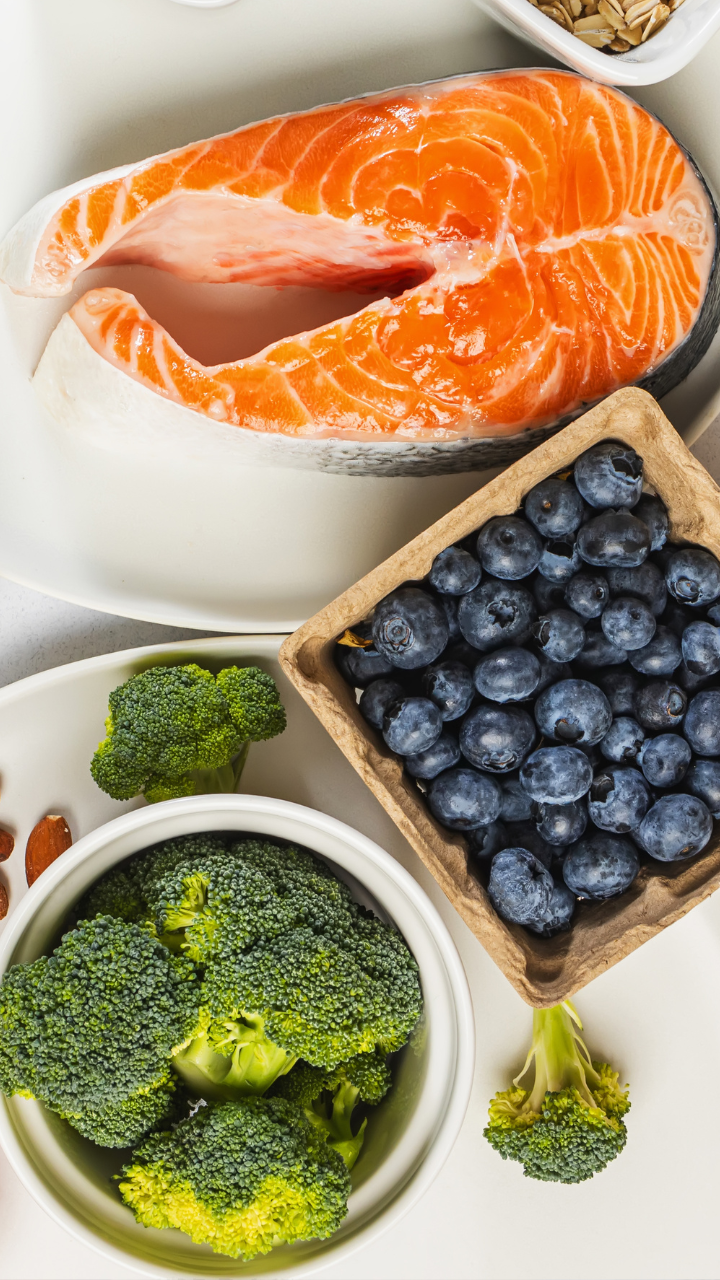A new study by Consumer Reports has found alarming levels of lead in some vegetable puffs marketed for small children. The consumer advocacy group tested two puffs: cassava made by Lesser Evil and Serenity Kids and sorghum puffs from Once Upon a Farm. According to a report released today, lesser… Continue Reading Consumer Education, For Consumers, For Foodies, Science & Research, baby food, Consumer Reports, lead, snacks Food Safety News
A new study by Consumer Reports has found alarming levels of lead in some vegetable puffs marketed for small children.
The consumer advocacy group tested two puffs: cassava made by Lesser Evil and Serenity Kids and sorghum puffs from Once Upon a Farm.
According to a report released today, lesser Evil’s Lil’ Puffs Intergalactic Voyager Veggie Blend had more lead than any of the 80 baby foods Consumer Reports has tested since 2017. The containers hold 1.5 ounces; the label says each has six servings.
According to Consumer Reports ‘ research, the sorghum products from Once Upon a Farm had very low lead levels, with some of the lowest levels of all the baby foods the organization has ever tested.
“Some manufacturers need to do a better job of keeping heavy metals out of their snack foods, and there may be some particular concerns about foods made with cassava,” said James Rogers, head of food safety testing at Consumer Reports.
Rogers also said there should be concern about how the Food and Drug Administration handles baby food recommendations. The agency has recently proposed limits for lead and other heavy metals in some baby foods, but snacks were left out of the picture.
“The agency needs to take a hard look at the snacks parents feed their children and make sure they don’t have dangerous levels of lead and other contaminants,” Rogers said.
Certain foods are more likely to have dangerous lead levels than others. For example, cassava and other root vegetables, including sweet potatoes, carrots, and beets, can be troublesome because lead occurs naturally in soil and can accumulate in a plant’s roots, said Angelia Seyfferth from the Department of Plants and Sciences at the University of Delaware.
Also, processing cassava into flour for crackers, chips, or other snack foods can concentrate the lead more robustly than eating fresh vegetables.
Consumer Reports was alerted to concerns about lead in cassava by Tamara Rubin, the owner of Lead Safe Mama. She focuses on preventing lead poisoning and helping parents identify possible sources of lead exposure.
(To sign up for a free subscription to Food Safety News,click here)









